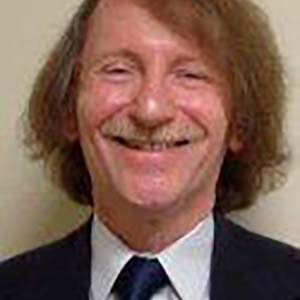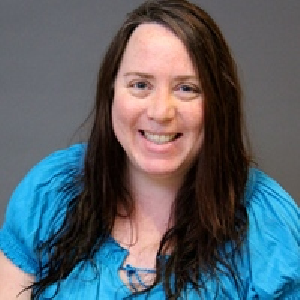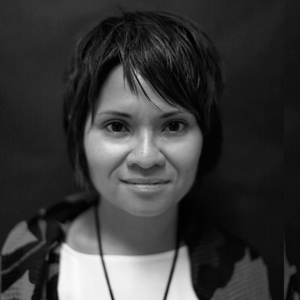What is a Fellow?
The Black Mountain College Fellows Program involves faculty members that will be teaching a course that coincides with the Black Mountain College Semester in the Spring of 2018. These faculty have worked to develop classroom-based projects that will add to the content of the digital timeline component of a larger project during the semester. The Fellows submitted an application for participation and were awarded a small stipend for project costs and coursework planning.
A central goal of these courses will be to examine Black Mountain College in wider contexts. Projects will involve students in a product of learning such as: textual content, audio, video, etc.
Fellows
Ray Miller
In the Modern Dance History course, we will be studying the work and aesthetic contribution of dancer/choreographer Merce Cunningham and his musical composer collaborator John Cage. We will look at how they developed their unique approach to modern dance with a focus on their residencies at Black Mountain in the late 1940s and early 1950s. The students will also create a short dance piece using the chance dance techniques developed by Cunningham and Cage. Download the program for the event (1.1MB, PDF).
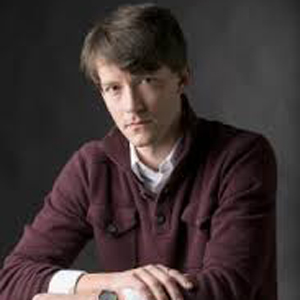
Jason Miller
TEC 4748 Architectural Design Studio IV, a senior capstone course for students concentrating in Architectural Technology and Design in the Department of Sustainable Technology and the Built Environment, will explore the context(s) of Buckminster Fuller and his time at Black Mountain College via an on-campus design project. The outdoor roof terrace at Plemmons Student Union is a highly visible yet severely underutilized space in the heart of the Appalachian campus. Students will develop comprehensive design proposals for the terrace to better harness its potential as an educational place and event space. The applied nature of design thinking and design making in this type of project recalls the educational models of live/learn/work promoted at Black Mountain College, while finding design specificity in the principles underlying the geodesic works of Fuller. The lightness of construction and the potentials of prefabrication were highly influential concepts for Fuller and will be deployed in the studio as the predominant case study for design research and design application with respect to this project.
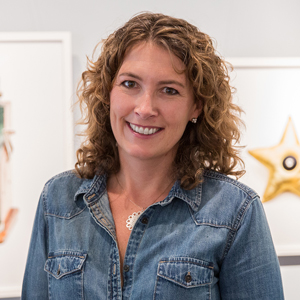
Jody Servon
Art, Exhibitions Practicum, an upper level course in the Art Department yet open to students from all disciplines, examines the processes that museums and art spaces utilize to create, organize and maintain exhibitions focused on contemporary art. Students are introduced to exhibition components ranging from conception to fundraising to public relations to installation through discussions, field trips, oral presentations, readings, written exercises and research. For the Black Mountain College Semester, students will work together to research art and artists who were in residence at BMC to create a series of online exhibitions based on their work during that time period. A key project in this course will be to craft original exhibitions that will be included on the digital timeline. Students will develop research projects that contribute to a larger discussion of the impact of BMC and its role in the history of art and cultural production.
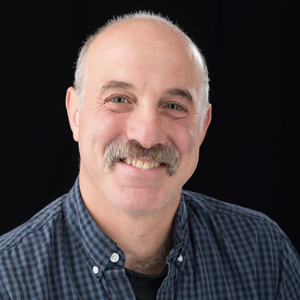
Jeffrey Goodman
CI 3536: Build It! Design Technology and Elementary STEAM Education
This is a class for elementary education majors dealing with the integration of science, technology, education, arts, and math (STEAM) into the curriculum. For the Black Mountain College Semester, we will be looking at the life and work of Ruth Asawa, the Japanese American artist who was at BMC from 1946-1949. As a part of our exploration, we will be developing techniques for making tied wire sculptures based on her work; our results will be documented in a short video showing teachers how to do this with students as well as 3D photographs of our creations.
Participating Fellows
Theresa Redmond, Curriculum and Instruction
Course: Critical Perspectives and Research in New Media and Literacies
Jeff Goodman, Curriculum and Instruction
Course: STEAM Build It!
Ray Miller, Dance
Course: Dance History in the Modern Era
Jason Miller, Technology
Course: Architectural Design Studio IV
Jody Servon, Art
Course: Exhibitions Practicum
Christina Sornito, Anthropology
Course: Experimental Ethnography
Jim Toub, Art
Course: Art, Nature and Black Mountain College
Damiana Pyles, Curriculum and Instruction
Course: Narrative, New Media and Gaming
Damiana Pyles
Narrative, New Media, and Gaming is a course that focuses on how people tell stories in multiple media platforms, for different audiences and purposes, and in varied places and spaces. In this course, we will examine how different stories capture not only the imagination but also the people who tell them in ways we often don't expect. Students will not only explore stories that already exist; but also, they will create different stories using multiple media. In this section of the course for Spring 2018, one of the major assignments will center around a project where students will create a video game and concept highlighting one of the people or stories from Black Mountain College and its surrounding cultures and people, and these games and concepts will be shared along with the others participating in this Black Mountain College Semester Fellows Program.
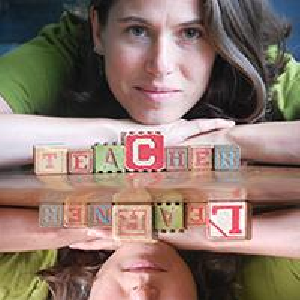
Theresa Redmond
In Media Literacy, students engage in critical examination of mediated communications across a variety of forms, actively analyzing and evaluating message purposes, productions and effects. During the BMC semester, students will extend current course topics in representation, race and identity through an investigation of how issues and ideas related to race between 1952-57 in the Swannanoa Valley region were framed in media. Students will study both dominate and oppositional representations and depictions of race in the region during this time, creating content for the digital timeline.
Christina Sornito
Experimental Ethnography is a brand new upper-level + capstone course that will be offered for the first time in the Spring of 2018. This course explores how “ethnography” has from its inception been an experimental arena wherein anthropologists work out what to do with the material gathered during the prolonged encounter with “strangeness” that is long-term fieldwork. The goal of this course is to figure modes and practices towards a media ethnography that is “experimental” insofar that our expressions, while doing as much justice to the stories of others as possible, also reflect how histories of the Western senses (particularly with regard to the desire to record/capture images) are epistemologically founded in colonial pasts, capitalism and other structures of power. Students from this course, “Experimental Ethnography & the Art of Fieldwork” will produce and perform Erik Satie’s “The Ruse of Medusa," one of the first examples of surrealist drama, and performed for the first time in the English-language at Black Mountain College in 1948. This event will be held on Friday, April 27, 2018 at 6:00 p.m. (refreshments, performance starts at 7 p.m.) in the Great Hall, Living and Learning Center, Appalachian State University. In addition, our research contribution to the BMC Semester at Appalachian will be focused on the avant-garde in Appalachia, in particular Dada and Surrealism. In the spirit of Black Mountain College, this course will not take “experimental” for granted. It asks students to critically make distinctions as to what being “experimental” can do for re-evaluating political, social and cultural norms in Southern Appalachia, as well as in the broader context of the social sciences and art.
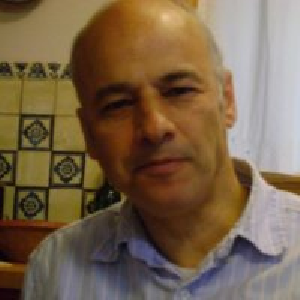
Jim Toub
Seminar in Art History: Art, Nature and Black Mountain College
This course will examine the arts at Black Mountain College within the larger context of modern Euro-American art history. Special attention will be given to exploring an environmental history of Black Mountain College and the arts that were practiced there. Particular focus will be given to artists associated with the College such as Josef Albers, Annie Albers, Robert Raushenberg, Willem Dekooning, John Cage, Jacob Lawrence, Merce Cunningham, Ray Johnson, Buckminster Fuller, Franz Kline, Walter Gropius and others who made an enduring impact on the arts. Students in this class will make creative and scholarly contributions to the portion of the digital timeline devoted primarily to the visual arts at Black Mountain College.
